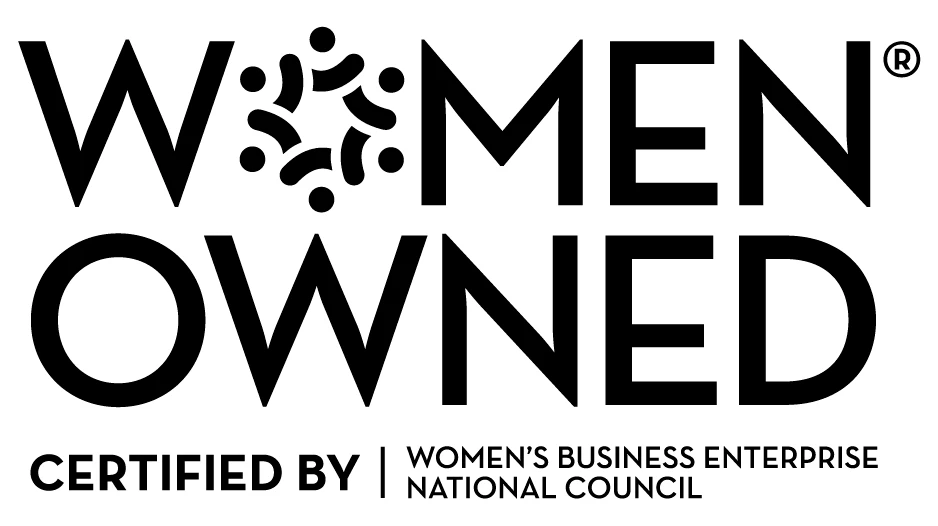Building a Resilient Workforce with HR Support Services

In today’s dynamic and often unpredictable business environment, building a resilient workforce is critical for organizational success. A resilient workforce not only adapts to challenges but also thrives in the face of adversity, driving innovation and growth. Human Resources (HR) support services play a crucial role in fostering resilience by providing employees with the tools, resources, and support they need to navigate change and maintain productivity.
This article explores how HR support services contribute to workforce resilience, outlining key strategies, benefits, and actionable insights for businesses aiming to create a robust and adaptable workforce.
“Building a resilient workforce starts with strong HR support services. When HR empowers people, nurtures adaptability, and drives continuous development, organizations are better equipped to thrive through change and challenge.”
Richard Branson
Introduction to Workforce Resilience
Workforce resilience refers to employees’ ability to adapt to changes, recover from setbacks, and maintain performance during challenging times. It is an essential quality for organizations facing disruptions, whether from economic downturns, technological advancements, or global crises like the COVID-19 pandemic. Building resilience requires a proactive approach that includes developing employee skills, fostering emotional well-being, and creating an organizational culture that supports adaptability.
The Role of HR Support Services in Building Resilience
HR support services act as the backbone of workforce resilience by providing the essential resources, policies, and programs that empower employees. These services encompass a wide range of initiatives, including employee assistance programs, professional development and training, technology integration, and flexible work arrangements. Together, they are designed to enhance employee well-being, promote adaptability, and prepare the workforce to respond effectively to evolving challenges.
By addressing both individual and organizational needs, HR support services play a critical role in helping employees manage stress, build new competencies, and maintain productivity during times of change. This holistic approach not only strengthens employee morale but also equips organizations with a more agile, capable, and resilient workforce.
Key Components of a Resilient Workforce
Resilience begins with emotional and mental health. When employees feel supported in managing stress and achieving work-life balance, they’re better prepared to navigate workplace challenges and maintain performance.
Ongoing learning empowers employees to stay relevant and confident amid change. By developing new skills and fostering adaptability, organizations ensure their teams are equipped to meet evolving demands.
Effective communication builds trust and reduces uncertainty. Keeping employees informed through transparent messaging helps them stay aligned and resilient during transitions or times of disruption.

Strategies for Building Resilience with HR Support Services
-
Employee Support EAPs offer confidential counseling, financial advice, and wellness services to help employees manage stress, improve well-being, and maintain work-life balance effectively.
-
Skill Building Training programs enhance soft and technical skills, enabling employees to grow professionally, adapt to changes, and contribute confidently to organizational success.
-
Inclusive Culture DEI efforts promote equity and belonging, encouraging diverse perspectives, reducing bias, and creating a respectful, engaging, and innovative workplace environment.
-
Work Flexibility Flexible hours and remote work policies support work-life harmony, boosting morale, lowering stress, and increasing productivity across various roles and teams.
Also Read: Enhancing HR Strategy with Consultation Services
Benefits of a Resilient Workforce
A resilient workforce brings numerous benefits to an organization. Enhanced productivity ensures employees maintain strong performance even during challenging times, supporting business continuity. Improved employee retention results from a supportive environment where individuals feel valued, reducing costly turnover. Better crisis management is achieved as resilient teams are equipped to handle disruptions with minimal downtime. Additionally, resilience strengthens organizational culture by fostering trust, collaboration, and innovation—laying a solid foundation for sustained success.
Case Studies: Resilience in Action
Several organizations have successfully strengthened workforce resilience through strategic HR support services. A retail chain dealing with high burnout during peak seasons implemented an Employee Assistance Program (EAP), which led to a 25% reduction in absenteeism and improved employee satisfaction. A tech firm facing low morale and high turnover during the remote work transition adopted flexible work policies, allowing personalized schedules and remote options, resulting in a 30% boost in retention and greater team productivity. Meanwhile, a healthcare provider addressing skill gaps during new tech rollouts launched targeted training programs, achieving a 40% increase in employee confidence and quicker system adoption.
Challenges in Building Workforce Resilience
Despite the benefits, organizations may face challenges when implementing HR support services to build workforce resilience. Resistance to change is common, as employees might hesitate to adopt new programs or policies. Resource constraints, such as limited budgets and staffing, can also restrict the scope and reach of these initiatives. Additionally, measuring impact remains a challenge, as it can be difficult to quantify the effectiveness of resilience-building efforts in a clear and consistent way.

Future Trends in Workforce Resilience and HR Support
The future of HR support services is evolving with key trends shaping a more resilient and responsive workforce. AI and predictive analytics will increasingly help HR teams identify employee needs and anticipate workforce trends, allowing for more proactive support. The integration of wellness and technology, such as wearable devices and wellness apps, will empower employees to monitor and manage their health in real time. Additionally, there will be a stronger focus on mental health, with organizations prioritizing resources and programs that support psychological well-being as a central component of their HR strategies.
Conclusion
Building a resilient workforce is essential for navigating the complexities of today’s business environment. HR Automation Consultants services provide the foundation for resilience by addressing emotional well-being, fostering skill development, and enabling adaptability. By investing in these services and creating a supportive organizational culture, businesses can empower employees to thrive in the face of challenges, ensuring long-term success for both the workforce and the organization.






